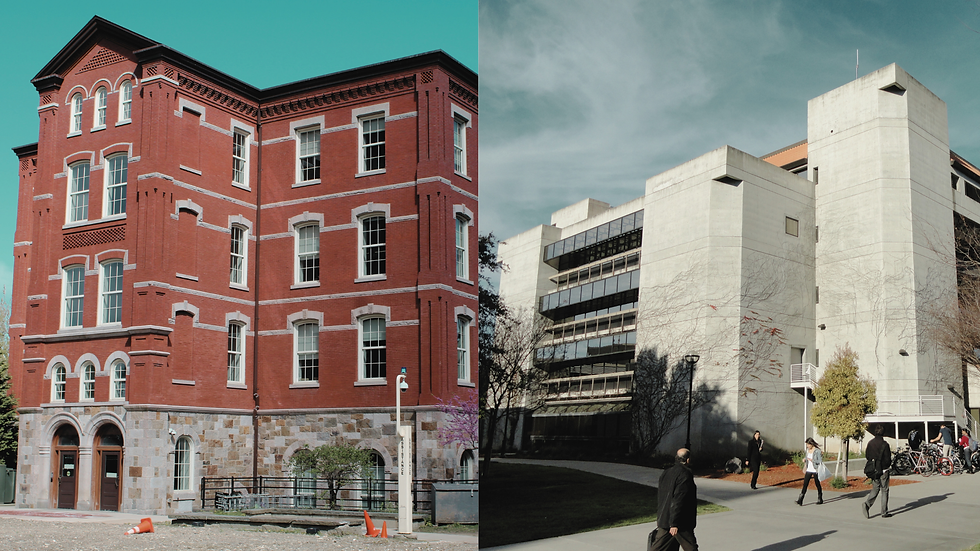TÜBİTAK—Scientific Body or Political Tool?
- Ebby Abramson
- Apr 24, 2017
- 3 min read
Updated: Mar 12, 2022

The Turkish Council for Scientific and Technical Research (TÜBITAK) issued on March 24, 2017 a decree addressed to all Turkish peer reviewed scientific journals, including the international periodicals listed by the Turkish Academic Network and Information Center (ULAKBIM). This text requires that the journals "reconsider the make-up of their editorial boards and their scientific councils, and take all adequate measures to evict the academics who were banned from public service, dismissed or suspended." The directors of journals have been given the responsibility to track and evict academics, and to notify Mehmet Mirat SATOĞLU, director of ULAKBIM, Office of the Assistant Manager at the Cahit Arf Information Center (CABIM).
See the link (in Turkish).
It comes as no surprise that TÜBITAK goes further: editors are controlled and banned, and so are authors. Not only over research that has already been published, but also about ongoing research to be published. A colleague from Istanbul who is a specialist in hard sciences was recently suspended from public service. She was isolated from her research students and was also banned from participating, as an author, in the publications based upon her research, which was funded, partially or as a whole, by TÜBITAK. TÜBITAK, on the basis of the state of emergency decrees, does not allow access to grants nor the right to publish to those who have been banned. And of course these scholars will not be able to undertake new projects.
Faced with such attacks, it is not enough to feel concerned or to call for vigilance. It is necessary to act against this research institution that has become a tool for political repression, and a reminder of the worst dictatorships of the 20th century. In an appeal to your democratic and scientific ideals, I call on you to revise and eventually break off all collaborations with TÜBITAK and to invite your colleagues to do the same.
More specifically, I want to warn my colleagues in hard sciences against a new TÜBITAK call: the TÜBITAK-French Ministry of Foreign Affairs Bosphorus Joint Project Proposal Call. The selection of projects in this call will exclude the academics already banned, and more generally those categorized as "terrorists" or "supporting terrorism," an accusation made against all those who openly oppose the official policies in Turkey.
Say NO (#HAYIR, in the spirit of the movement against the referendum in Turkey) to these calls. Say it loud and proud. Do not participate into these calls if you are in these disciplines, and ask your colleagues to do the same.
In solidarity,
Tuna Altinel
Background
The war against academics in Turkey began long before the coup attempt. On January 10, 2016, a group of scholars calling themselves Academics for Peace signed an open letter calling on the Turkish government to end its unlawful and violent practices in the Kurdish provinces. The next day, the President Recep Tayyip Erdogan accused the letter’s organizers and 1128 signatories of treason and terrorist propaganda, calling for their immediate punishment. The Turkish judiciary system subsequently initiated public prosecutions under Turkish antiterror laws, alleging defamation of the Turkish state and accusing signatories of spreading “terrorist organization propaganda.”
Endangered Scholars Worldwide is deeply concerned about the harsh measures the Turkish government has taken against universities and other institutions of higher education, and its systematic targeting of the country’s scholars and professors, since the coup attempt on July 15, 2016. Endangered Scholars Worldwide is deeply distressed by the Turkish government’s actions, which irreversibly harm the entire educational community by undermining universities’ abilities to meet scientific and ethical standards as well as fulfill intellectual, educational, social, and institutional responsibilities



